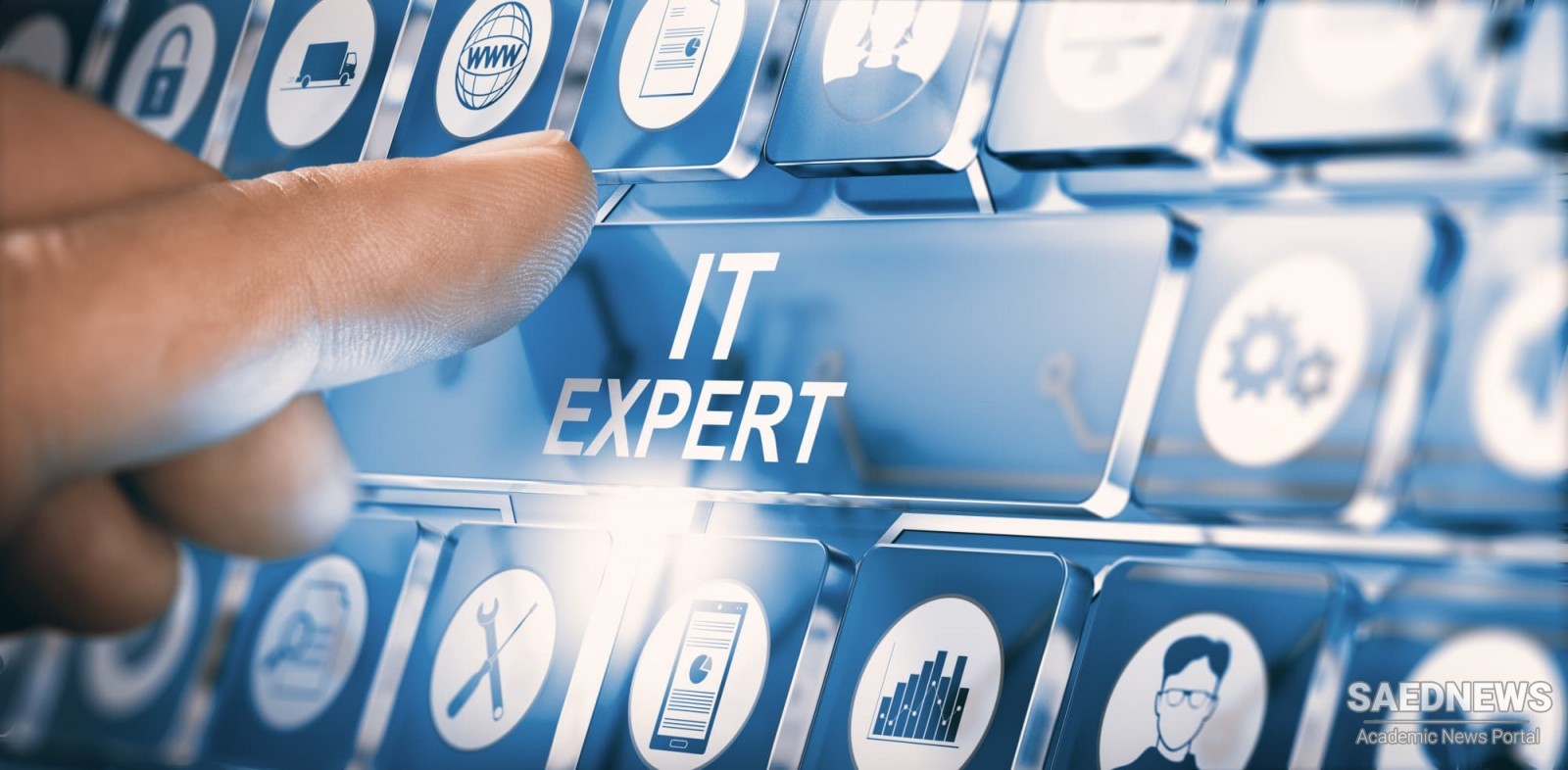IT services are a subset of commercial services, encompassing the provision and administration of IT resources. Regarding the Internet, the necessary IT services have to taken into earnest account. In contrast to IT services, ICT services are also additionally related to communication technology. OECD defines that, ‘ICT services must be intended to enable the function of information processing and communication by electronic means’. In 2002, the European Communities proposed that Computer and Related Services, regardless of whether they are delivered via a network, should include all services that provide: Consulting, strategy, analysis, planning, specification, design, development, installation, implementation, integration, testing, debugging, updating, support, technical assistance, or management of or for computers or computer systems; Computer programmes, defined as the sets of instructions required to make computers work and communicate (in and of themselves); Data processing, data storage, data hosting or database services; Maintenance and repair services for office machinery and equipment, including computers; Training services for staff of clients, related to computer programmes, computers or computer systems, and not classified elsewhere. Other differentiations are applicable. EITO mentions consulting, implementation (installing, testing, training, etc.), operations management and support services. Dibbern and Heinzl point to the functions of IT and introduce the following classification:System operations/data centres, e.g. installation, operation and technical maintenance of client/server systems or systems software; Telecommunication/ networks; Development and implementation of applications, e.g. development of software, system analysis, project management, data administration; Help desk, e.g. advice, support, training, instruction and problem management; Planning and management, e.g. integration of business planning and information systems planning, identification of future innovations, conception of system architecture, standards and methods.


 Digitalization and Expansion of Human Connectivity
Digitalization and Expansion of Human Connectivity














































